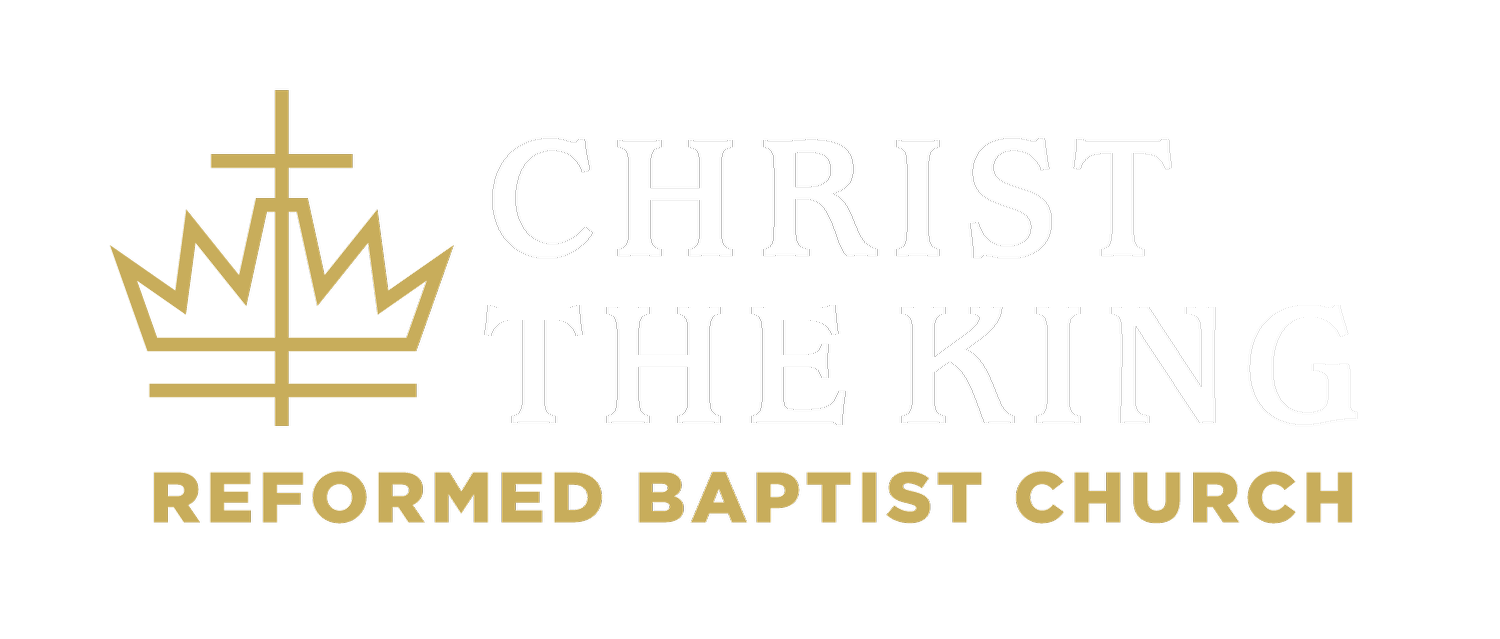
Creeds & Confessions

At Christ the King Reformed Baptist Church, Scripture holds our highest allegiance and is our ultimate source of authority as it testifies to Jesus the living Word (John 5:39). We do affirm biblically-faithful, orthodox and historic Christian creeds and confessions (The Apostles' Creed, Nicene Creed (325 AD), Athanasian Creed, and Chalcedonian Creed) and find them to be vitally important, very edifying and incredible helpful. However, they are not God-breathed Scripture and every creed, confession, or written document along with what every preacher or teachers says must be subjected to and lined up against the whole counsel of God's Word as recorded and revealed in the Bible. Scripture alone is God-breathed (2 Timothy 3:16) and Scripture stands alone as the ultimate only inerrant judge and arbiter of all other truth and authorities. Our church desires to glorify God by not adding to or taking away from His revealed Word (Genesis 3:1; Deuteronomy 4:2; Proverbs 30:5-6; Mark 7:13; Revelation 22:18-19). We find the following confessions to be most deeply rooted in the Word and accurate summaries of robustly God-honoring, biblically-faithful Christianity.
Second London Baptist Confession of Faith (1689)
The 1689 Baptist Confession of Faith, also called the Second London Baptist Confession, was written by Particular Baptists, who held to a Calvinistic soteriology in England to give a formal expression of their Christian faith from a Baptist perspective. Because it was adopted by the Philadelphia Association of Baptist Churches in the 18th century, it is also known as the Philadelphia Confession of Faith (note very minor differences). All our members must adhere to what Reformed Baptist pastor and professor Dr. Robert Gonzalez referred to as “substantial subscription”-spelled out here.
New Hampshire Confession of 1833
The New Hampshire Confession of Faith (NHCF) was drawn up by a few baptist pastors including Rev. John Newton Brown of New Hampshire, and was adopted by the New Hampshire Baptist Convention. It was widely accepted by Baptists, especially in the Northern and Western States, as a clear and concise statement of their faith. They considered it in harmony with, but in a milder form than, the doctrines of older confessions which expressed the Calvinistic Baptist beliefs that existed at the time. Another later version of the NHCF (1853) adds articles on “repentance and faith” and '"sanctification.” You can read more on its history here, here, and here.

